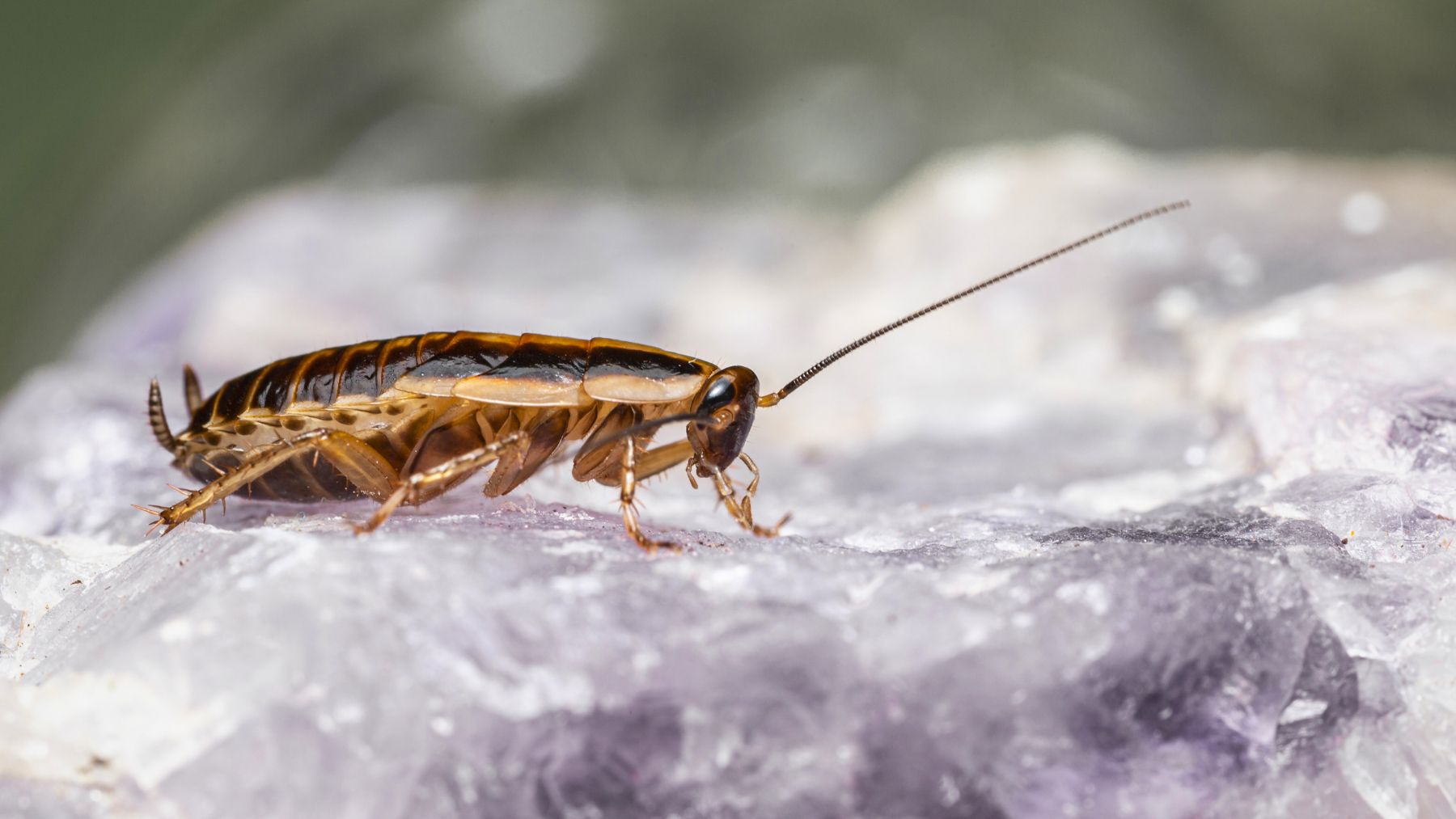It only takes one cockroach to ruin your night. The reaction for most of us when seeing one is often the same: shock and disgust. But why do cockroaches provoke such a strong emotional response, more than other insects?
Experts suggest that our revulsion toward cockroaches is tied to a mix of instincts, cultural conditioning, and their unsettling behavior. In this article, we’ll look at what psychology says about this fear, including research on phobias, survival responses, and why they trigger them so effectively.
The psychology behind our fear of cockroaches
There are plenty of insects that bite, sting, or carry disease. But cockroaches have a unique ability to unsettle us. Their erratic movements, association with filth, and tendency to appear without warning make them especially hard to ignore. According to entomologist Jeff Lockwood and other researchers, they trigger deeply rooted psychological responses tied to anxiety, disgust, and even trauma.
They move fast and unpredictably
Cockroaches don’t just crawl, they dart, vanish, and suddenly reappear. Their speed and erratic movement can activate our startle reflex, which evolved to protect us from threats.
Unlike a loud noise or flash of light, a roach brings the added stress of proximity. It might be on the floor one second and your leg the next. That unpredictability makes people feel helpless because it reflects a loss of control over their environment that causes panic.
They’re linked to filth and disease
Even though they don’t bite or sting, cockroaches feel dirty. They live in sewers, garbage, and decaying matter. When they enter a clean home, it feels like an invasion of everything we work to avoid. This link between cockroaches and contamination is reinforced by their ability to carry bacteria. The disgust response is part of our brain’s way of avoiding disease. If something looks like it could make us sick, we avoid it.
Their appearance is disturbing
Long antennae, shiny shells, fast legs… cockroaches don’t exactly inspire affection. Their alien look, combined with the way they scurry, makes them visually disturbing for many people.
Traits like glossiness, erratic movement, and a greasy texture tap into our primal dislike for things that signal decay or danger. These reactions are protective mechanisms, as disgust helps us stay away from objects and creatures that could be hazardous to our health.
Cultural messages make it worse
Media, horror films, and social attitudes have all contributed to how we view cockroaches. From childhood, many people learn to associate them with filth and fear. Seeing others react with panic reinforces that response. Over time, we internalize the idea that cockroaches are not just gross but dangerous. That fear can become a learned response, and in extreme cases, develop into a phobia.
Our hatred of cockroaches is about what they represent, whether it’s true or socially constructed: filth, loss of control, disease, and discomfort. While they don’t pose the same medical risks as some other pests, they hit a psychological nerve. Understanding this fear won’t make it disappear, but it might make it easier to face the next time one shows up uninvited.

